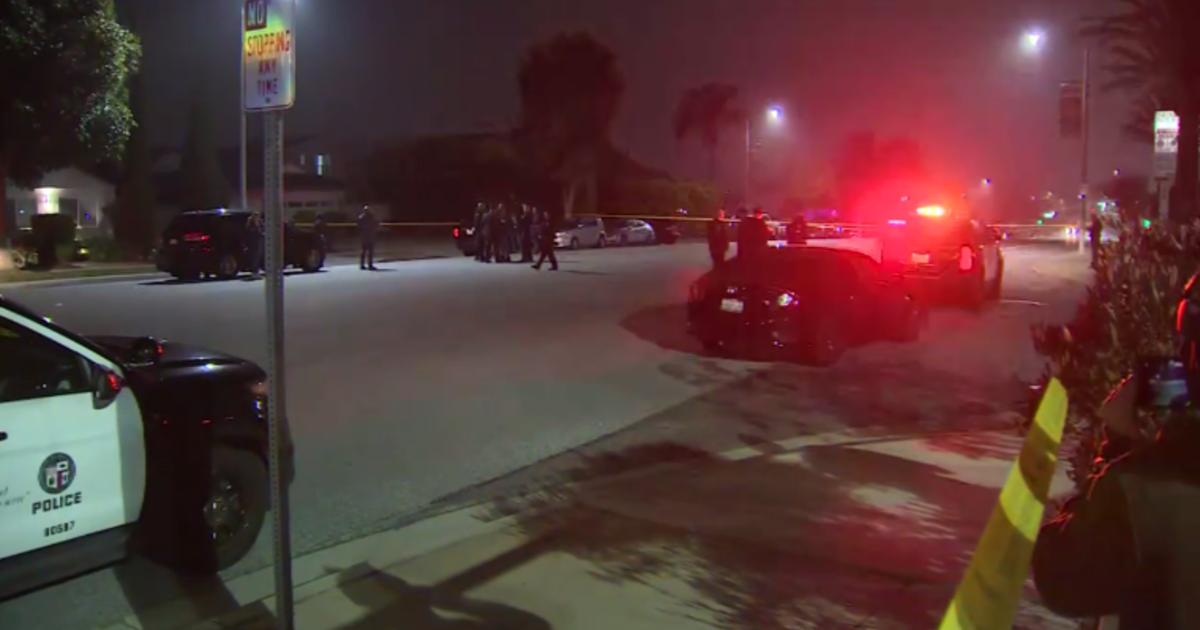Local Psychologist Shares Warning Signs Of Workplace Violence
LOS ANGELES (CBSLA.com) — Wednesday's tragic shooting in Virginia has shed light on violence in the workplace, and a local psychologist wants to share warning signs to look out for.
Vester Flanagan became just the latest in a long list of workplace killers, who murder their supervisors or co-workers before, often times, killing themselves.
Former LAPD officer Christopher Dorner was another recent addition to that list, along with a Southern California Edison employee who, in 2011, shot and killed two supervisors in Irwindale. A postal worker in the City of Industry shot and killed a Co-worker in 1995, and a social worker in Santa Fe Springs shot and killed a supervisor after being fired in 1993.
Many of these workplace murderers are said to have a combination of personality traits, which psychologists refer to as malignant narcissism.
Board-certified forensic psychologist, Dr. Alex Yufik, says a person with malignant narcissism is someone who gives off a sense of grandiosity. He describes such individuals as being the "know it all" person with a lack of empathy, who is unable to understand another person's feelings, and who doesn't get a long with others.
"It's really a small percentage of people that have these pathological characteristics, that actually engage in this kind of violence," Dr. Yufik said.
Dr. Yufik says the person is often unable to accept responsibility for his or her own actions, and lives in present, therefore being unable to understand the consequences of their actions.
While Dr. Yufik says only a small percentage of malignant narcissists become violent, there are warning sings to look out for.
A sudden change of behavior and acts of aggression are to be taken seriously, he says, as are threats. Dr. Yufik alos says to pay attention to your instincts.
"If a person walks in with the same shirt, haven't bathed recently, or normally clean shaven now stopped shaving, it's something to definitely pay attention to," Dr. Yufik said. "It could be depression, it could be something much more serious."



